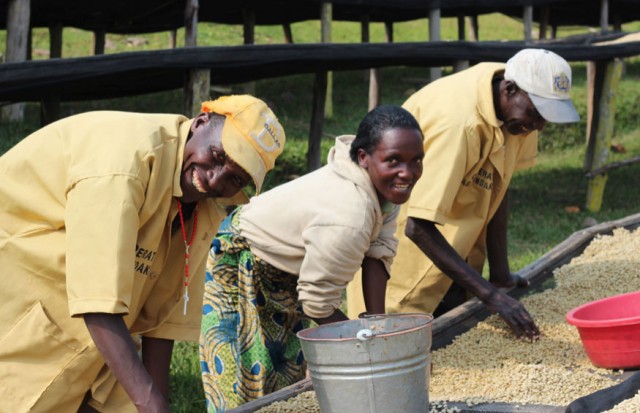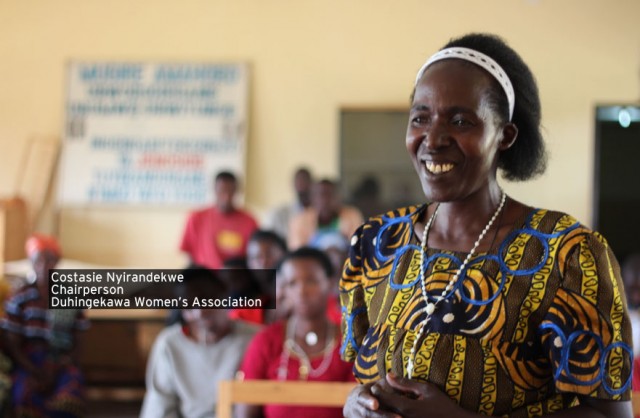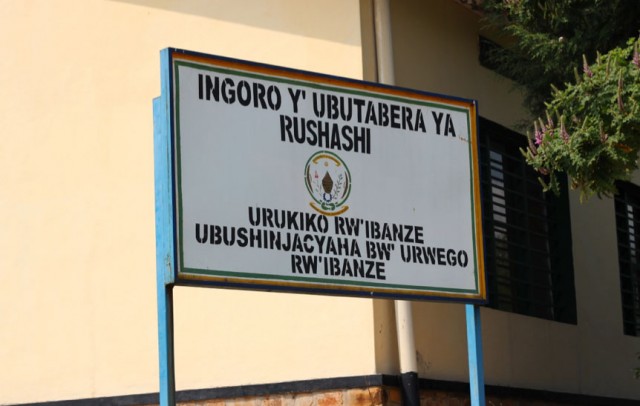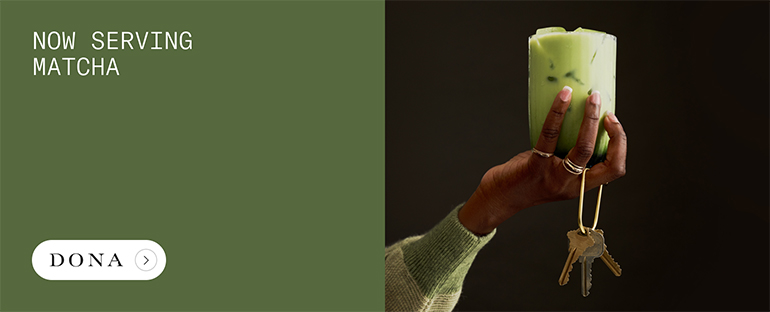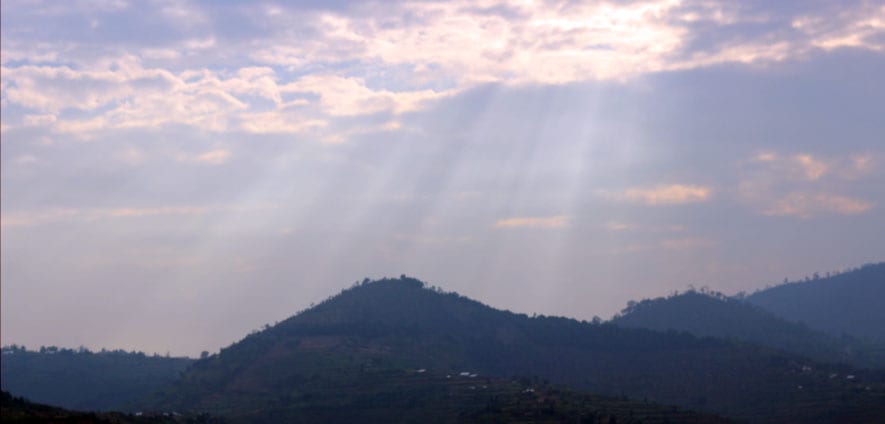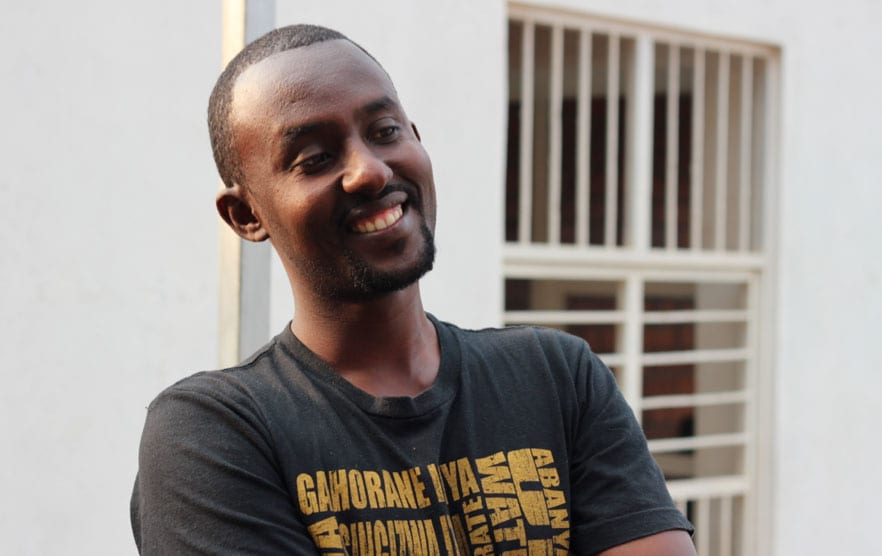Deep in a valley down a hillside from the village of Musasa sits the Rusashi washing station, focal point for the Abakundakawa Cooperative. The Co-op began in 2005, and it currently serves 1961 member farmers; Aba’s president is a gentleman named Jean Marie Kianey Bicamumakuba, and he presides over a 5 person board, a 3 person control council, a special monitor, an accountant, store keeper, production manager, and security staff. Coop elections are held once every three years, in accordance with Rwandan law. Abakundekawa is Fair Trade Certified, and the farmers that contribute to it grow Bourbon, Jackson, and Mbezi coffee varieties. It is a functionally organic mill, though not yet officially certified as such; some recent Fair Trade premiums have gone toward the acquisition of livestock for individual co-op members, which along with re-used hulls and parchment, helps contribute to the farm’s natural fertilization program. This is, for all intents and purposes, a fully organic coffee, and Abakundakawa does not purchase chemical fertilizer from the Rwandan government.
Aba actually has two wet mills, but the Rushashi mill is its primary processing center, from which they export between 3 and 4 full containers of coffee each year, separated into A1 (premium) A2 (sub-premium) and A3 (domestic sale) lots. When we visited, we watched around 3 dozen members hand-sort coffee for defect on raised drying beds, but that’s just one step in a washing process that seems to be fairly unique in Rwanda. Abakundakawa’s Rusashi station employs a particularly long wet fermentation process – 48 hours on average – which may be part of why Aba’s coffees are so prized. Most Rwandan washing stations ferment for only one day, and variation in fermentation length can dramatically taste cup notes, from day lot to day lot. Counter Culture coffee buyer Tim Hill tells us: “The fermentation process they do here is very unique in the world. It’s like an old-school Kenya process from like 10 years ago.” Coffees processed here in this manner earned a 3rd place finish in the 2010 Rwanda Cup of Excellence auction, and 25th in the 2011 COE auction.
Another interesting facet of Abakundakawa is the particularly prominent role played by its women’s associations, both culturally and in terms of overall production: More than 2/3rds of Aba’s total coffee is grown by women in these groups, of which there are two: Duhingekawa, an 150-member organization headed by Costasie Nyirandekwe, and Abanyameraka, a smaller group led by Esperance Nyirangini Mpfura. The stated goal of these associations is to improve the coffee, improve the self-confidence, and improve the place of women in the Abakundakawa cooperative community. Mrs. Nyirandekwe addressed our assembled group, surrounded by members of her organization, and told us the following via apt translator Christine Condo:
“Since the start of this organization, now we have money, so our culture is changing from our grandmother’s…we have money in our pockets, so we can send our children to school, and go to the hospital. We are so happy the country knows us, and that the whole world knows us, because of our quality of coffee. I think that is why you are here, because of our good coffee! Now my group, Duhingekawa, produces up to 2-3 containers ourselves each year – you have made a lot of changes in our homes. We used to sleep on the floor; now we have mattresses. We can make our clothes ourselves now after the harvest. And we hope that our members will have a lot of chances to make change. We thank you Fair Trade for all of your help, and we are happy to see new visistors too – you are welcome to come again, you don’t need to wait for Fair Trade!”
Several notable Western roasters have recently offered coffee from Abakundakawa, including Handsome Coffee Roasters, Ritual Coffee Roasters, Victrola, and Blue Bottle.
Further Reading:











